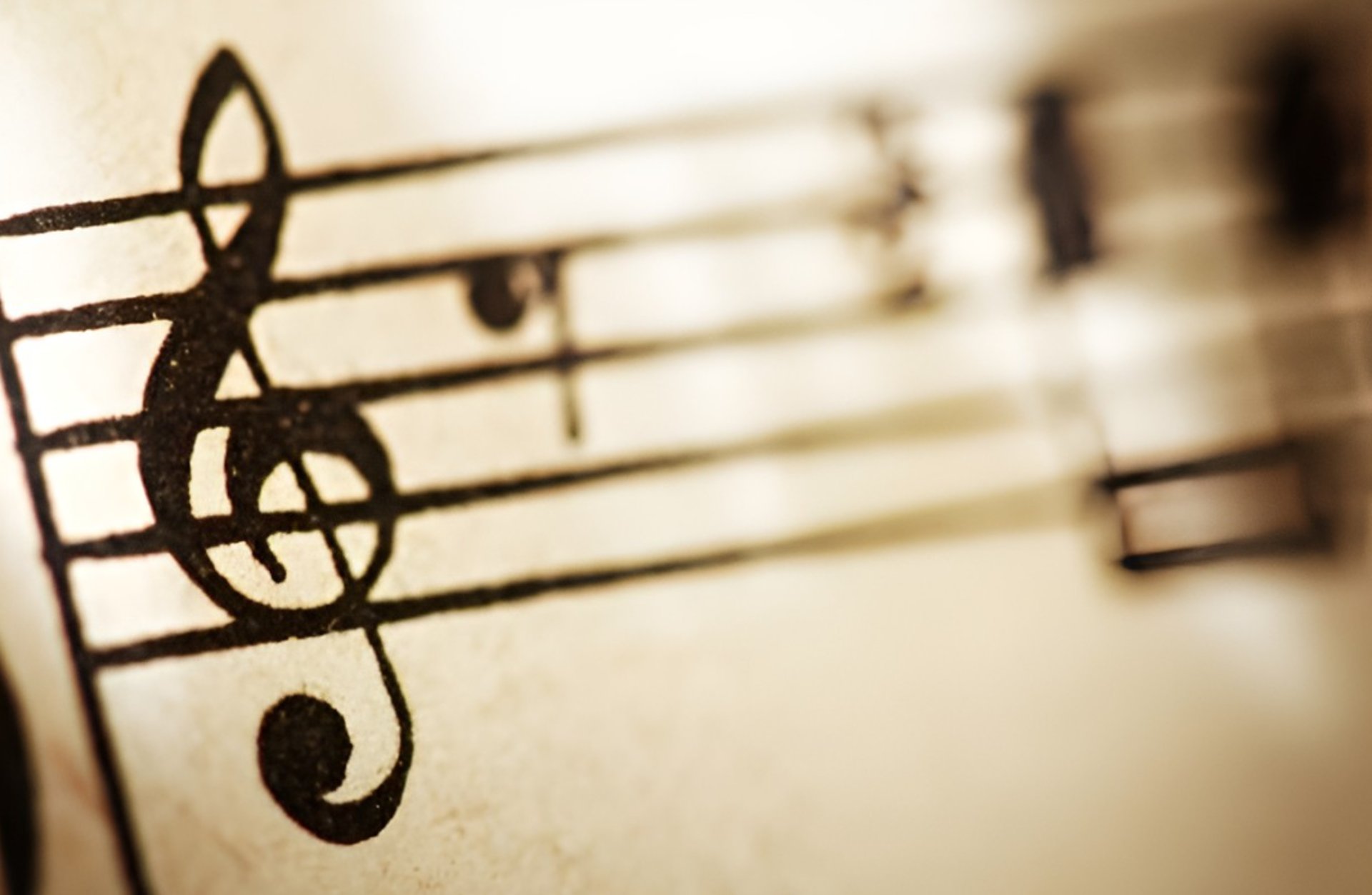
Why Music?
"Why Music Matters" - Karl Paulnack's welcome address to the Boston Conservatory Freshman Class.
Research Has Shown
Young children who received a year of musical training showed brain changes and superior memory when compared to children who did not receive musical instruction.
~Brain Journal of Neurology. Oxford University Press September 2006
Using a U.S. Department of Education database that tracked more than 25,000 students over a period of ten years, a study showed that students involved in music generally tested higher than those who had no musical involvement. The test scores studied were not only standardized tests, such as the SAT, but also reading-proficiency exams. The study also noted that the musicians scored higher no matter what socioeconomic group was studied.
~President's Committee on the Arts and the Humanities and AEP, 1999
Students who participated in music lessons showed statistically higher IQs (intelligence quotients).
~Psychological Science, Vol. 15, No. 8. American Psychological Society, 2004
Students of the arts continue to outperform their non-arts peers on the SAT. In 2000, SAT takers with coursework/experience in music performance scored 57 points higher on the verbal portion of the test and 41 points higher on the math portion than students with no coursework/experience in the arts. An average combined increase of almost 100 points.
~College Entrance Examination Board, 2001
A study of 7,500 university students revealed that music majors scored the highest reading scores among all majors, including English, biology, bhemistry and bath. . . 66 percent of music majors who applied to medical school were admitted, the highest percentage of any group. By comparison, 44 percent of biochemistry majors were admitted.
~The Case for Music in the Schools, Phi Delta Kappan, Vol. 75. Phi Delta Kappa International, 1994
Secondary students who participated in band or orchestra reported the lowest lifetime and current use of all substances (alcohol, tobacco, drug abuse).
~Texas Commission on Drug and Alcohol Abuse Report. Reported in Houston Chronicle, January 1998
The College Board identifies the arts as one of the six basic academic subject areas students should study in order to succeed in college.
~Academic Preparation for College, 1983 [still in use], The College Board, New York
The arts create jobs, increase the local tax base, boost tourism, spur growth in related businesses (hotels, restaurants, printing, etc.) and improve the overall quality of life for our cities and towns. On a national level, nonprofit arts institutions and organizations generate an estimated $37 billion in economic activity and return $3.4 billion in federal income taxes to the U.S. Treasury each year.
~American Arts Alliance Fact Sheet, October 1996
Benefits of Music Education
Music education prepares students to learn:
- Enhances fine motor skills
- Prepares the brain for achievement
- Fosters superior working memory
- Cultivates better thinking skills
Music Education facilitates student academic achievement:
- Improves recall and retention of verbal information
- Advances math achievement
- Boosts reading and English language arts skills
- Improves average SAT scores
Music education developed the creative capacities for lifelong success:
- Sharpens student attentiveness
- Strengthens perseverance
- Equips students to be creative
- Supports better study habits and self-esteem
Quotes on the importance of music
"Music has a great power for bringing people together. With so many forces in this world acting to drive wedges between people, it's important to preserve those things that help us experience our common humanity."
~Ted Turner, Turner Broadcasting System
Music is about communication, creativity, and cooperation, and, by studying music in school, students have the opportunity to build on these skills, enrich their lives, and experience the world from a new perspective."
~Bill Clinton, former President, United States of America
“Should we not be putting all our emphasis on reading, writing and math? The ‘back-tobasics curricula,’ while it has merit, ignores the most urgent void in our present system – absence of self-discipline. The arts, inspiring – indeed requiring – self-discipline, may be more ‘basic’ to our nation survival than traditional credit courses. Presently, we are spending 29 times more on science than on the arts, and the result so far is worldwide intellectual embarrassment.”
~Paul Harvey – syndicated radio show host
“Arts education aids students in skills needed in the workplace: flexibility, the ability to solve problems and communicate, the ability to learn new skills, to be creative and innovative, and to strive for excellence.”
~Joseph M. Calahan, Director of Cooperate Communications, Xerox Corporation
“GE hires a lot of engineers. We want young people who can do more than add up a string of numbers and write a coherent sentence. They must be able to solve problems, communicate ideas and be sensitive to the world around them. Participation in the arts is one of the best ways to develop these abilities.”
~Clifford V. Smith, President of the General Electric Foundation
“The arts are an essential element of education, just like reading, writing, and arithmetic…music, dance, painting, and theater are all keys that unlock profound human understanding and accomplishment.”
~William Bennett, Former US Secretary of Education
